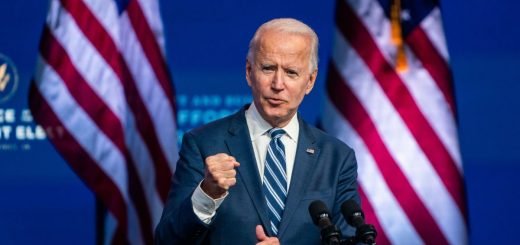India at the G7 Summit: Discussions and Takeaways

The 47th G-7 Summit took place at Carbis Bay, Cornwall from 11th to 13th June 2021. The meeting discussed several contemporary global issues. Indian Prime Minister Narendra Modi took part virtually in the summit upon invitation from his British counterpart, Prime Minister Boris Johnson. Other guest countries that took part in the summit were Australia, South Africa, and South Korea. Although India’s participation in the summit was virtual, owing to the deadly second COVID wave in the country, it yielded a fruitful result. MEA’s Additional Secretary, Mr P. Harish stated that the government hopes to take forward its engagement in various other global initiatives and in the run-up to the COP26 (2021 United Nations Climate Change Conference), which is scheduled for November.
The pandemic has affected every corner of the world, and a global effort is required to rebuild it. The G7 countries wanted to address these issues and the theme this year was ‘Build Back Better’. The UK – Summit President for this year outlined four major priority areas of discussion: leading the global recovery from coronavirus while strengthening resilience against future pandemics; promoting future prosperity by championing free and fair trade; tackling climate change and preserving the planet’s biodiversity; and championing shared values and open societies. Prime Minister Modi attended three of the five important sessions this year – ‘Building Back Stronger – Health’, ‘Building back Together – Open Societies and Economies’, and ‘Building Back Together – Climate and Nature’.
During the first outreach session, ‘Building Back Stronger – Health’, the Prime Minister expressed his gratitude for the support extended by the participating countries in helping India battle the recent COVID-19 wave. He also talked about the country’s use of digital technology for contact tracing and vaccine management. Since India witnessed a sudden surge in cases in the last few weeks, which are now falling every day, India offered to share its experience and expertise with other developing countries. Other than that, India has also guaranteed its support for upcoming initiatives to improve global health governance. The Indian PM received widespread support for India and South Africa’s joint proposal at WTO for a TRIPs (Trade-Related Aspects of Intellectual Property Rights) waiver on COVID-related technologies.

As a Lead Speaker in the Open Societies and Economies session, the PM vocalized democracy and freedom as a part of India’s ethos. He expressed his concern regarding cyber-attacks and the spread of misinformation in open societies and put forth the indispensable need to ensure that digital platforms ensure a safe cyber environment for their users. He also highlighted the need for reforms in the multilateral system as the best way to fulfil the commitment of ‘open societies. In the session on Climate and Nature, the PM rightly pointed out that collective action is required to combat climate change, and also threw light on India’s achievements as the only G-20 country to meet the requirements of the Paris Agreement. Major global climate initiatives, started by India were also revisited in his speech. To conclude, the PM urged for adopting a holistic approach towards climate change, wherein all dimensions of the problem are covered. India’s views and opinions were well received and appreciated by global leaders at the summit.
Takeaways for India
The G7 Summit was successful in discussing and deliberating upon various pressing issues. But what were the key takeaways for India?
The 25-page G-7 Carbis Bay Communiqué has pledged to donate a billion vaccines to poor countries by the end of 2022. Talks for waiving the TRIPs, which were initiated by India and South Africa will also enable large-scale production of vaccines, and the UN’s aspirations to vaccinate the globe by 2022 would be fulfilled. In this case, India, being the world’s largest vaccine manufacturer would partly be responsible for producing batches of the vaccine, which would later be bought, and eventually be donated by the G7 countries. From an economic standpoint, this is beneficial for India.
The G7 leaders are also likely to back Biden’s aspirational ‘Green Belt and Road Policy’ as a rival to China’s ‘Belt and Road Initiative’. The US president has called this initiative a more ‘democratic’ alternative to the Chinese policy and the world’s leading democracies will allocate $40 Trillion for green infrastructural development. However, India has not joined this proposal yet. Relevant agencies will study the proposal, and India might engage with a plan at a later stage, but not at the moment. Overall, this year’s edition of the Group of Seven Summit was able to discuss some pressing issues and has paved the way for new political developments in third-world countries. Though, only time will tell how things pan out in the global arena.


















